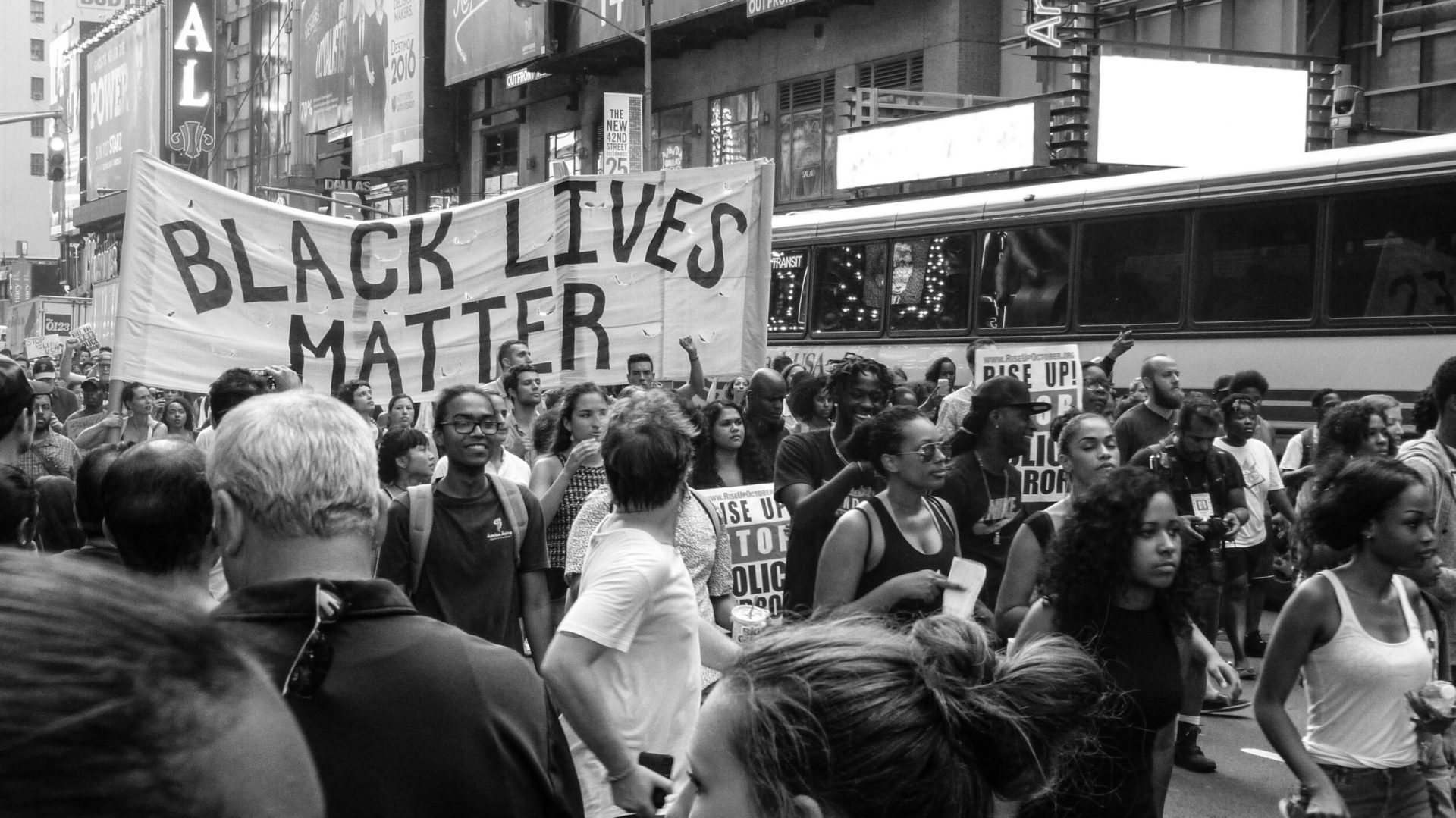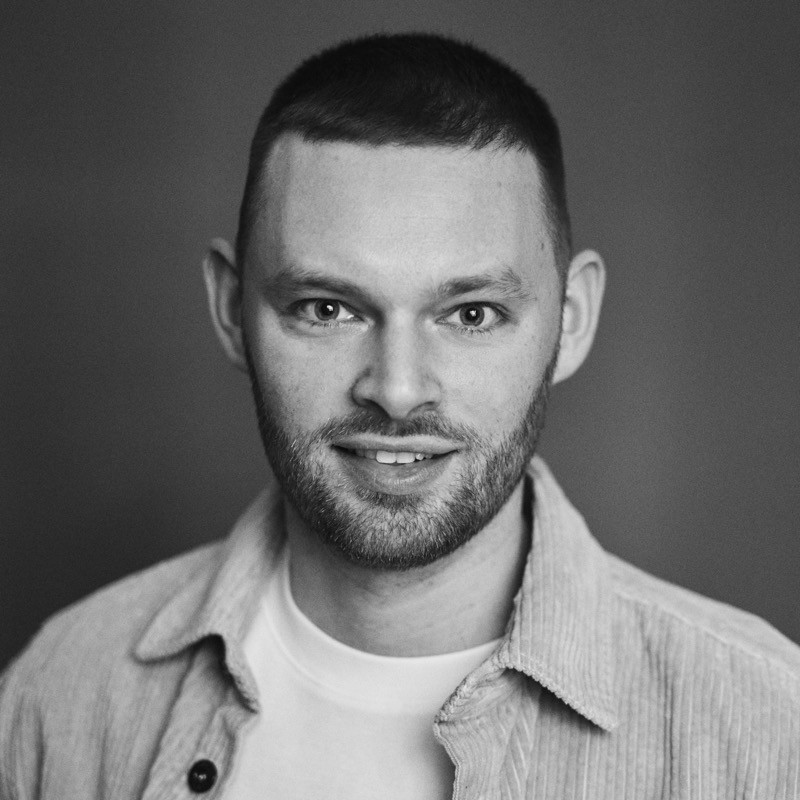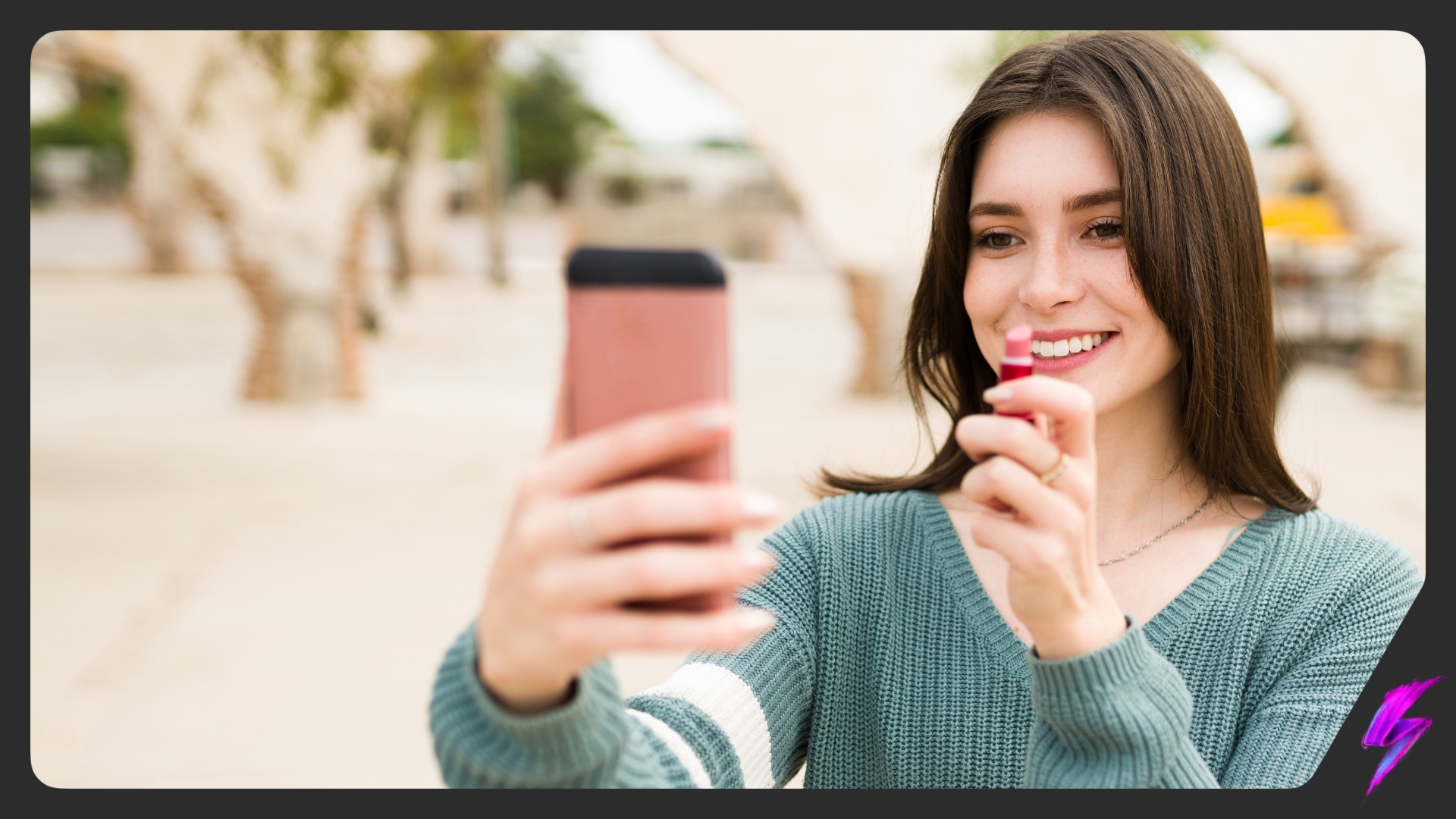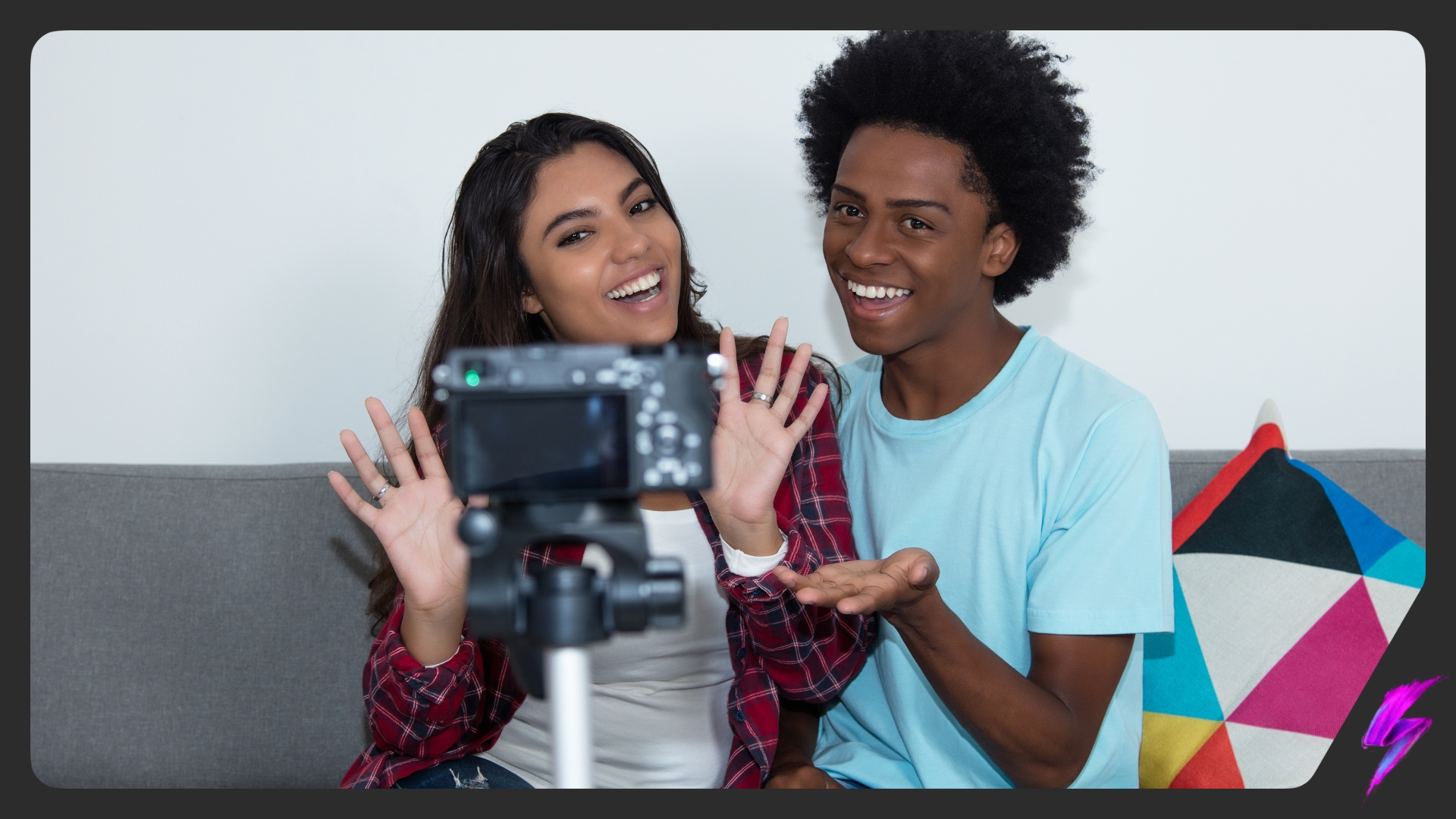Brands stand with #BlackLivesMatter Movement
Jun 04, 2020
Social Media Marketing News


The capitalisation & commodification of crises; Brands stand in solidarity with the #BlackLivesMatter movement, but as protesters lament their ‘empty’ words and tactile promises, are they really inciting change?
Over the past few days, America has erupted into riots and protests over the wrongful killing of George Floyd at the hands of a Minnesota police officer, reigniting the fury around countless unlawful deaths of black lives in police custody. In the wake of the ongoing political unrest, many brands have stood in solidarity with the #BlackLivesMatter movement, by posting to social media proclaiming their support. Large corporations such as Nike, Ben & Jerry’s, L’Oréal and other brands such as Glossier, Fenty and Itsu have all taken a stand on racial injustice and police brutality. However, many advocates want more than just words on social media, they want meaningful change and for brands to put their money where their mouth is.
As brands attempt to navigate their way through the heavily politicised minefield that is 2020, their responses and actions are heavily critiqued by consumers and the media. With many brands and corporations constituting a large portion of the world economy, and with access to large sums of capital, they have not only financial power to make a change – but also incredible reach through their marketing channels (social media, television, print, website). Brands can no long exist as idle, unbiased entities; as more progressive narratives emerge from younger generations, the relationship between brand and consumer is shifting. Consumers are demanding more from brand; they are now seen as important vessels of change due to their socioeconomic power in society. Staying silent and being a spectator is no longer an option, they are crucial cogs in the engine of change.
That being said, every move that brands make during times of crises, is under scrutiny and the current events are no exception. They are being held accountable for their actions. Since they have the power to amplify under-represented or muted voices in society, if they are seen to be staying silent – or capitalising on the movement without actual action – it can be a mighty fall for any brand no matter their socioeconomic status.
Take L’Oréal for example: the French beauty giant has recently come under fire by British model Munroe Bergdorf for ‘sneaking into the Black Lives Matter conversation’. Bergdorf slammed the brand for hypocritically cashing in on the movement, after dropping her from one of their 2017 campaigns after she spoke out about racism and white privilege on social media. She took to Twitter to share her disgust with her 70k strong audience (and 260k Instagram following) regarding L’Oréal’s mercilessly ironic post stating ‘Speaking out, is worth it’- a play on words incorporating their famous tagline. She and many others have heavily criticised brands for seeing the #BlackLivesMatter protest as a window of opportunity for image-optimising PR activities.
It is a very fine line between a brand appearing genuinely supportive and seeming unapologetically opportunistic. This also applies to action: though many brands have posted messages of solidarity, have they actually done anything to corroborate this supposed support? When taking a closer look into the fashion industry, there are some startling revelations. Whilst much of the fashion community have posted about the Black Lives Matter movement on social media, the amount of companies that have actually announced sizeable donations to causes are shockingly (or perhaps, not so shockingly) few.
We have seen a few brands such as Fenty, Ganni and Glossier pledge large donations (of up to $500,000) to fight injustices. However, on the whole, it is actually small brands and independent designers that are spearheading the fundraising efforts. The majority of these small labels were already struggling following the devastation that is being left in wake of COVID-19, yet they are the ones carrying the fashion industry’s reputation on their back. Many have noted that the slow uptake from large fashion brands and designers, is in stark contrast to the response to global coronavirus pandemic and the fire that engulfed Paris’s Notre Dame – both of which accumulated hundreds of millions of donations.
Their silence (along with many other brands) is characteristic of the systemic racism which many industries were built upon and which continues to trickle insidiously – but often invisibly – through many operations within organisations, from a lack of ethnic representation in marketing activations, to a lack of diversity in the workforce. Asides from intrinsic, systemic racism, brands may not want to damage their image by seeming overly anarchist or radical by politicising their feed. This is a harmful and archaic narrative that encourages self-censorship and that has historically demanded brands to stay ‘neutral’ and to never allow opinion to conquer. This is no longer a viable option; until these brands use their voices to spread awareness, education and change, they will continue to be chastised on social media by the exact people they rely on to buy their products and use their services. Only last week saw thousands of Instagram users boycott Topshop’s profile to comment #PayUp after it was announced that Arcadia made thousands of workers redundant without pay, hours before the government announced its job retention plan.
The risk involved in attempting to strike the right balance between showing support, and seemingly utilising the movement as a stage to improve brand image, can be greatly mitigated by pledging honest promises. Brands not only can donate sums of money to worthy causes, but they can also make a difference for the black community: whether this be by employing more black people, investing in black designers, buying from black suppliers, supporting black initiatives, supporting black entrepreneurs, having wider ethnic representation in influencer choices, or enlisting more diverse models. It is not one single act of philanthropy that will be the saving grace, it is a continued dedication to society-wide change and a concrete shift in perceptions – without this we will undoubtedly regress back into our shell of silence and passiveness.
The events of 2020, and pressing issues that have resurfaced following these events, have posed the ultimate threat, challenge and opportunity (for redemption and change) to almost every brand on the planet. Every move they make is under close scrutiny by the majority of society and it only takes one wrong move for any brand to crumble. The breadth and depth of brands’ power is potentially limitless in times of crises; they can be effective carriers of change, and it is a matter of societal benefit that they harness this power and learn how to carry out initiatives without appearing to be capitalising on the misfortune of others. They must actively educate themselves and others on crucial matters and be the voice for those who don’t have a voice, and the catalysts for action and change. Until steps are taken that are inspired by action rather than vanity, brands are likely to be vilified for not using their platform effectively and will remain faceless, corporate entities in the minds of consumers that will never truly incite change.
Our Influencer marketing agency and Social agency are located worldwide, with our agency network based in the USA, UK, UAE and China.
If you want to receive our industry insights, visit our Influencer Marketing & Social Media blogs here.
[cta]
Popular Blogs
Most Popular Instagram Hashtags | Tiktok Hashtags | Instagram Monetization | Facebook Banner Size | Snapchat Influencers | Most Subscribed Youtubers | Best Time to Post on Youtube | UK Twitch Streamers | Female Twitch Streamers | Popular Tiktok Songs | Male Tiktok Influencers | Lgbtq Tiktok Influencers | The Rise and Fall of Clubhouse | Influencer Marketing on Clubhouse | LiketoKnowit | Pretty Little Thing Instagram| Social Marketing Agency
Social And Influencer Marketing News + Insights
Get in touch
We'll show you how to start powerful conversation, drive social engagement, build your brand, hit sales targets or meet other goals you have, wherever you are in the world.
Work with us





